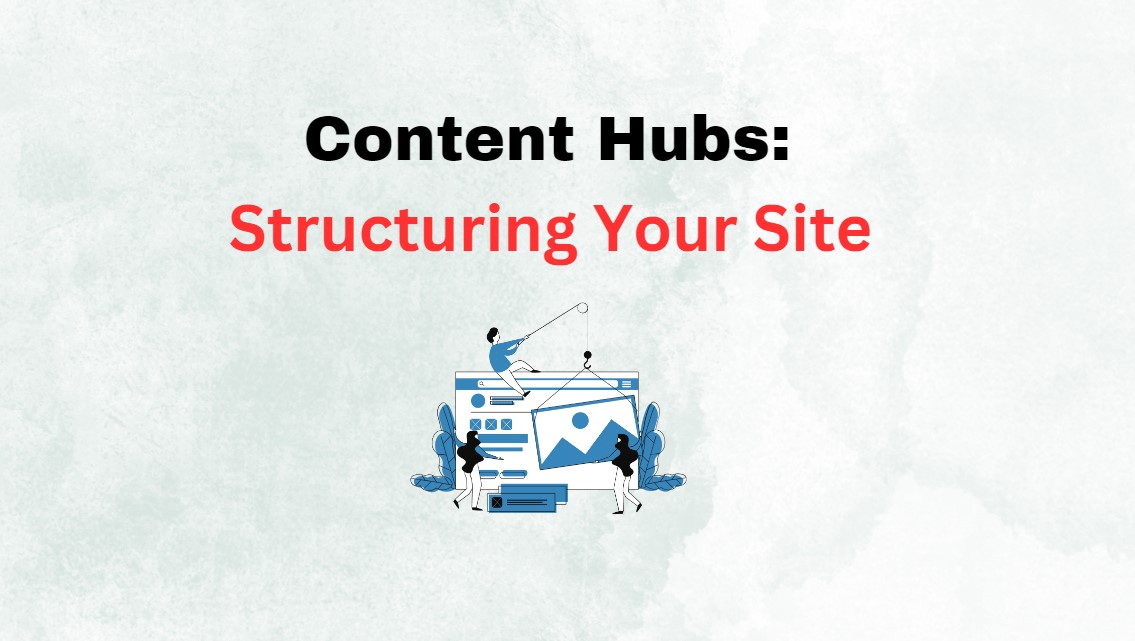In today’s increasingly crowded digital landscape, marketers need to be more strategic than ever about organizing and presenting content in order to effectively reach and engage their target audience. This is where leveraging content hubs on your website can be extremely beneficial.
What Exactly is a Content Hub?
A content hub is a centralized location on your website that focuses deeply on a specific topic relevant to your audience. The goal is to bring together various forms of content – detailed blog posts, insightful eBooks and guides, compelling case studies, informative videos, and more – into one robust resource center dedicated to that topic.
By consolidating all of your content around a specific subject in one easy-to-find spot, you make it much simpler for your audience to discover the wealth of information you offer. Readers looking to learn more about that topic will have an amazing amount of value available in one place.
For example, an HR software company could create an entire content hub around the employee onboarding process. Blog articles could provide tips and best practices, while eBooks dive deeper into onboarding strategy. Case studies can showcase onboarding success stories, and videos could bring the topic to life.
The Key Benefits Content Hubs Offer
When properly structured and promoted, content hubs offer several advantages from an audience engagement and SEO perspective:
Improved Discoverability of Your Best Content
Consolidating all content resources around a topic in one centralized hub makes it extremely easy for your audience to explore that subject and find the information they need. Readers don’t have to search across your entire website. You bring the content to them in an organized package.
For example, software company HubSpot hosts all of their content focused on marketing tactics, templates, and resources in their comprehensive Marketing Hub. This presents a wealth of value to the marketer audience they serve.
Enhanced Authority and Thought Leadership
Positioning yourself as an authoritative, expert resource on a specific topic helps build trust and credibility with your audience. When you provide a vast amount of helpful information in one spot, you demonstrate your commitment to educating on that subject.
For instance, leading content insights software BuzzSumo created a robust Knowledge Base centralizing guides and videos focused solely on content strategy and research. This establishes their thought leadership.
Increased Business Development Opportunities
A properly organized content hub allows you to showcase premium content offers like gated eBooks, in-depth guides and templates in the context of a topic. This provides opportunities to collect lead information and drive conversions from your audience through relevant content.
For example, Moz structures their widely popular Beginner’s Guide to SEO as a full content hub. As you read their educational articles, they promote related guides, tools and paid training.
More Resources: A Comprehensive Guide to Search Engine Optimization (SEO) Strategies and Best Practices: Updated 2023
Optimization for Topic-Focused SEO
When you build out content hubs around high-value keyword topics, you can craft and optimize each page to rank for those relevant terms. This hub structure signals to search engines your authority on a subject.
If you were in the project management software space, you could target keywords like “project management process” and “project workflow templates” through strategic content creation and optimization.
How to Structure Your Content Hubs for Maximum Impact
When developing content hubs on your site, keep these structural tips in mind:
Choose Your Hub Topic Wisely Based on Audience Interest
Conduct keyword research and surveys to determine topics that align with your brand while resonating with your audience. Identify issues they care about and questions they have that your content can answer. Develop hubs around subjects you can truly and add value on.
Make the Hub Its Own Main Navigation Item on Your Site
This significantly improves discoverability by making the hub visible and giving it equal weighting with other main content areas like Blog and Resources. Include subcategories in the navigation to help visitors dig deeper into the topic.
Curate Both Existing and Create New Content for the Hub
Pull in your best existing content like blog posts and guides into the hub where relevant, then look for opportunities to develop new content resources around the topic. Include articles, videos, ebooks, case studies, templates, and more based on audience needs. Providing fresh, original content demonstrates your commitment.
Optimize Each Page in the Hub for Targeted SEO
Conduct keyword research around the hub topic to identify terms you want to rank for. Craft pages targeting those terms while also optimizing on-page elements like titles, metadata, headers, etc. Interlink related pages within the hub to improve authority.
Promote the Launch of Your New Content Hub
Let your audience know about the valuable new resource you’ve created for them! Promote your content hub through social media, email marketing, paid ads, and other channels. Make it easy for them to explore the hub.

